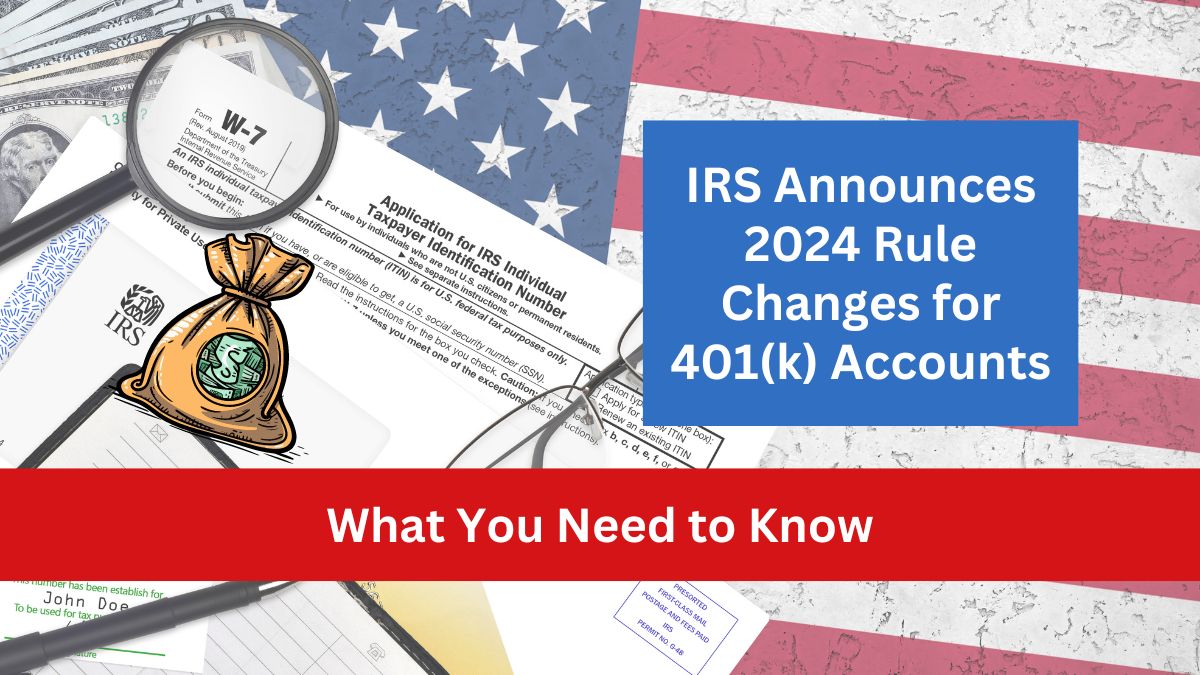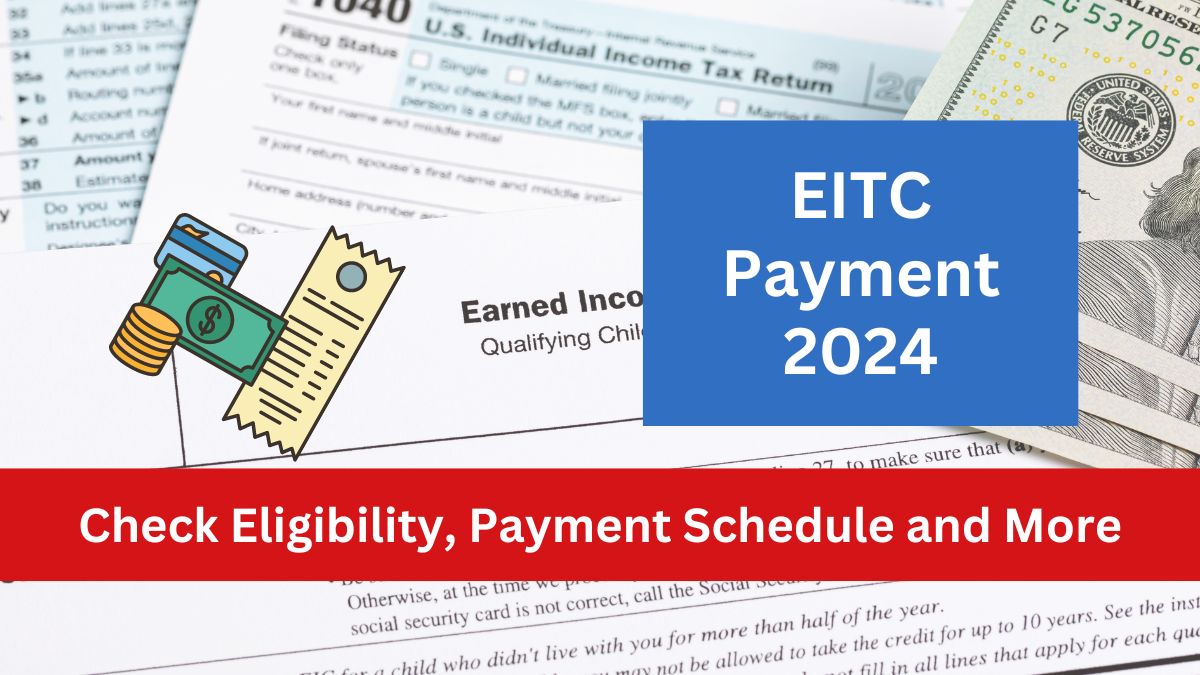Social Security beneficiaries can expect their next payment, averaging $1,918, to arrive soon. These payments, which may be delivered via check or direct deposit, follow a schedule based on the beneficiary’s birthdate and other criteria.
Understanding the payment dates and eligibility requirements is essential, especially for those also receiving SSI or SSDI benefits.
August 21 and 28 Payment Details
Beneficiaries born between the 11th and 20th of any month will receive their payment on August 21, 2024. This date applies only to those who started receiving benefits after May 1997 and do not receive SSI.

For those born after the 20th, payments will arrive on August 28, 2024, with the same average amount of $1,918, though higher earners may see more.
Upcoming Payment Dates
1. September, October, November, and December Payments
For beneficiaries who do not receive SSI or began receiving benefits after May 1997, upcoming Social Security payment dates are:
- September: 11th, 18th, and 25th
- October: 9th, 16th, and 23rd
- November: 13th, 20th, and 27th
- December: 11th, 18th, and 25th
2. SSI Payment Dates
SSI recipients can expect payments on:
- August 30 (for September)
- October 1
- November 1
- November 29 (for December)
SSDI Payment Schedule
SSDI payments follow the regular Social Security schedule. Those with birthdays between the 11th and 20th will receive payments on August 21, while those born after the 20th will receive theirs on August 28.
SSDI beneficiaries who began receiving benefits before May 1997 will get their next payment on September 3, 2024.
Understanding SSI and Social Security Payments
1. Key Differences Between SSI and Social Security
SSI differs from Social Security in eligibility and payment structure:
- Eligibility: SSI is need-based, designed for low-income individuals aged 65 or older or those with disabilities, while Social Security is based on work history.
- Payment Dates: SSI payments are typically made on the 1st of each month, with adjustments when the 1st falls on a weekend or holiday.
- Benefit Amounts: The maximum SSI payment in 2024 is $943 for individuals and $1,415 for couples.
2. Funding and Impact
Social Security is funded through payroll taxes, requiring work credits, while SSI is funded by general tax revenue and does not require a work history.

Social Security benefits are generally unaffected by income, but SSI benefits can be reduced by other income sources or living arrangements.
Maximizing Your Benefits
For those receiving lower Social Security payments, applying for SSI may increase overall income. It’s essential to keep your information updated and ensure you’re applying for all eligible benefits.
Conclusion
With the upcoming Social Security payments scheduled, understanding the eligibility criteria and payment dates is crucial for beneficiaries. Staying informed about these details ensures that retirees receive the financial support they need.
Q1. When will Social Security payments be made in August 2024?
A. Payments are scheduled for August 21 and 28, depending on the beneficiary’s birthdate.
Q2. What is the average Social Security payment amount?
A. The average payment is $1,918, though this may vary based on individual earnings.
Q3. How does SSI differ from Social Security?
A. SSI is need-based and does not require a work history, while Social Security is based on work credits and is funded through payroll taxes.
Q4. When are SSI payments scheduled for the upcoming months?
A. SSI payments are scheduled for August 30, October 1, November 1, and November 29.
Q5. Can Social Security payments be affected by other income sources?
A. Social Security payments are generally unaffected by other income, but SSI benefits can be reduced based on additional income or living arrangements.












